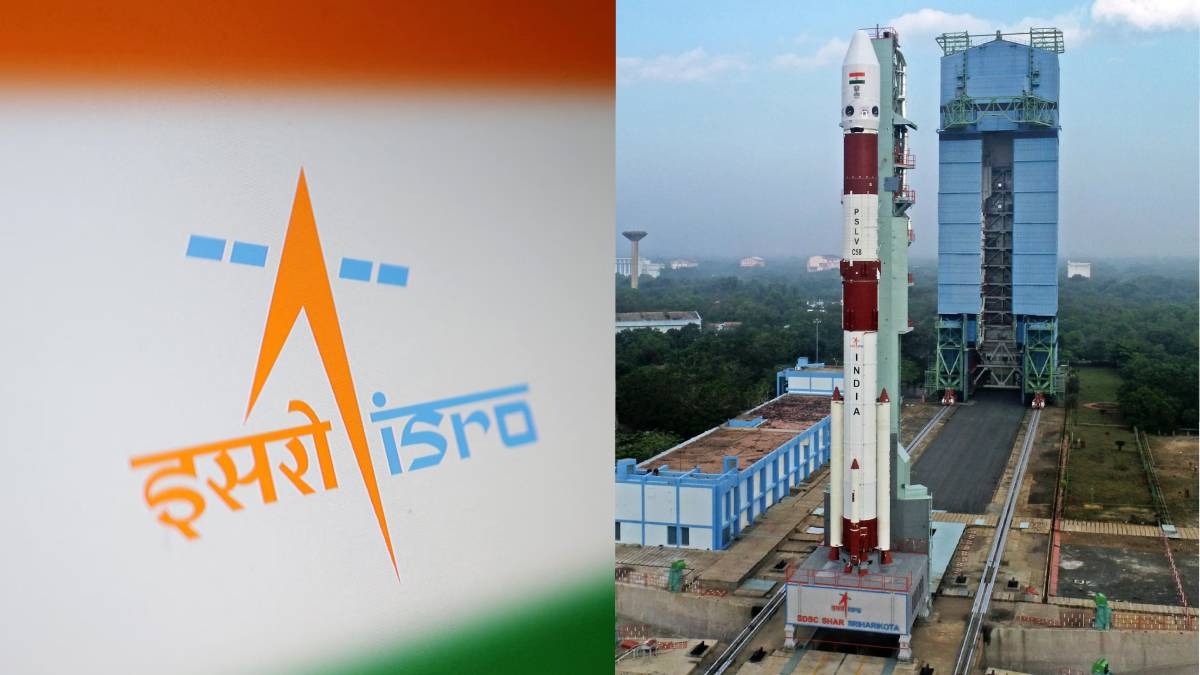 Image Source: Business Standard
Image Source: Business Standard
In a historic step to meet the long-pending demands of gig and platform workers, the Delhi government has decided to set up a special welfare board, supported by a ₹10 crore budgetary allocation. This move will ensure the rights of and better working conditions for almost five lakh gig workers in the city, who contribute significantly to the economy of the metropolis but have till now been kept out of the purview of conventional labour welfare.
Background and Announcement
-
The Delhi government will establish a welfare board for gig and platform workers, including those employed by Swiggy, Zomato, Uber, Blinkit, UrbanClap, and BigBasket.
-
Labour Minister Kapil Mishra presided over the first formal meeting of gig workers and representatives of platform companies, a "historic" move towards acknowledging the sector's challenges and contributions.
Budget and Schemes
-
₹10 crore has been provided in the FY26 state budget to fund the board's initiatives and future welfare schemes.
-
The welfare board will formulate schemes encompassing health insurance, financial assistance, skill upgradation, and retirement allowance for gig workers.
Gig Workers' Concerns
-
Workers have mentioned concerns regarding:
-
Long working hours
-
Meager remuneration
-
Irregular incomes
-
Increasing fuel prices
-
No health insurance or paid leave
-
No grievance redressal mechanism
The new board will tackle these issues in direct consultation and coordination with workers as well as platform companies.
Government and Platform Cooperation
-
The government promised gig workers a harassment-free environment and assured that all schemes would be framed in consultation with aggregators.
-
Platform companies emphasized their current welfare programs, including accident insurance and educational support, and appreciated the government's initiative, willing to cooperate further.
Significance and Influence
-
Delhi’s gig workforce is estimated at around five lakh, with India’s national gig workforce currently at one crore and projected to rise to 2.4 crore by 2029-30, underscoring the sector’s rapid growth and economic importance.
-
The board’s establishment marks a significant policy shift towards institutionalizing rights and protections for informal digital economy workers.
Next Steps
The gig workers and firms will also soon start being consulted by the welfare board to come up with schemes suited to their needs.
The move is likely to open the door for other states and give a formal safety net to gig and platform workers.
Sources: Tribune India, Economic Times Hospitality, Times of India, Daily Pioneer, Goodreturns, CiteHR
Advertisement
Advertisement





